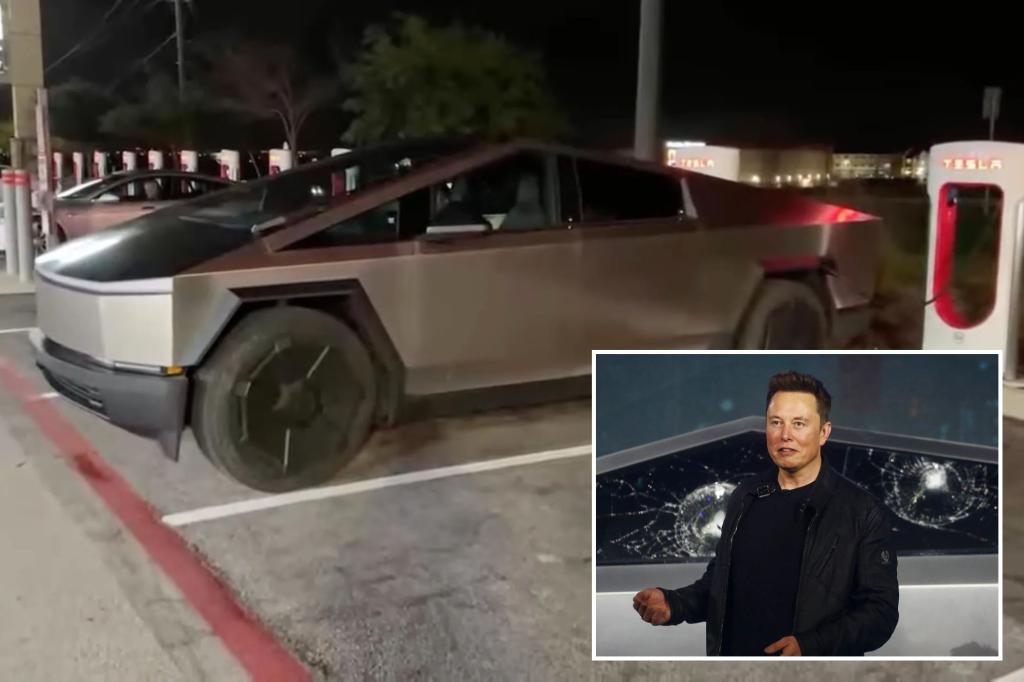- cross-posted to:
- [email protected]
- cross-posted to:
- [email protected]
Tesla Cybertruck gets less than 80% of advertised range in YouTuber’s test::A YouTuber took Tesla’s Cybertruck on a ride to see if it can actually hit its advertised 320-mile range, only to find out that its could only reach 79% of the target. When YouTuber Kyle Conn…



If I’m not mistaken, the much more important element is air resistance. The power-efficiency ratio of electric motors is nearly constant, meaning the energy usage per unit distance is nearly the same at all speeds, but there is more air resistance at high speeds.
That’s the same for a fuel-based cars. Some other users told me about the black magick trickery electric cars do in the city. Guess you’d like to check their replies too.
Gasoline powered engines are very inefficient in terms of getting all of the potential energy out of it’s fuel source. They do have a sweet spot, usually somewhere between 2,000 and 3,500 rpm and most companies will tune their vehicles to be at highway speeds while in that sweet spot. The rpm range from idle (ICEs needing to idle at stoplights decrease city MPG) up to that sweet spot is less fuel efficient than rolling around in the sweet spot, so a lot of stop and go driving will see a gas motor running out of it’s fuel efficient range quit a bit.
Electric motors have the same efficiency at any rpm and they don’t use energy while the car is sitting still.
I saw those after I posted, and I’m a bit surprised. I always thought the reason EVs lose range on highways was closely related to the reason they don’t have gears. I guess I’ll have to revisit it.
Idk if you have an EV, but I imagine the EV owner reading this thread and thinking to themselves ‘Holly-molly, my car can even do that?’.
I mean, regenerative breaking isn’t that crazy. An electric motor and generator are literally the same machine, after all.
You can test it out yourself if you have a hobby motor lying around. When you short the two terminals of the motor, it becomes more difficult to rotate the axle by hand.
You are correct. Electric motors are 100% efficient, so a combination of air resistance at speed as well as more regenerative braking being done during city driving are the reasons for better city driving effective mpg.
Umm what? Have you never heard of the laws of thermodynamics? I mean, the overall thrust of your argument is correct, but that statement is just nonsense.
Oh, and using regenerative brakes will always waste more energy than not using brakes at all and simply moving at a constant speed. Regenerative brakes are only efficient compared to conventional brakes, which waste all of their energy as heat. Braking more in the city driving doesn’t improve an EV’s efficiency there compared to using that same EV on a highway (aside from the fact that you’re driving more slowly overall,) it just improves its relative efficiency compared to ICE vehicles with conventional brakes.